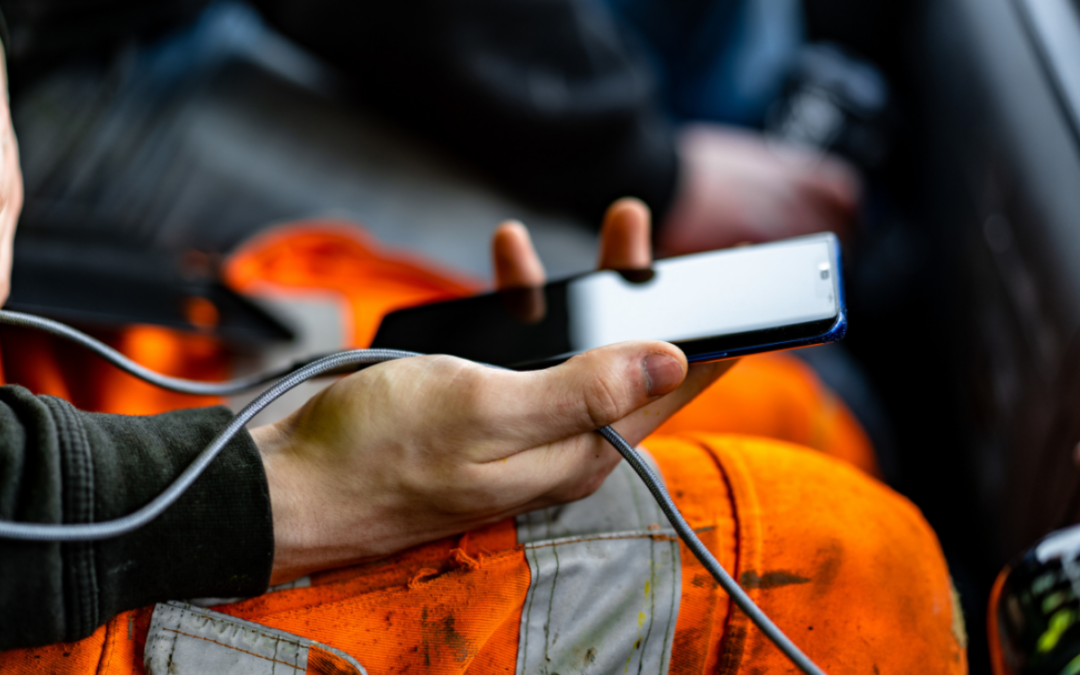Rugged devices are an increasingly popular choice for workplaces that require durable and reliable technology. These devices are specifically designed to withstand harsh conditions and rough use, making them ideal for industries such as construction, manufacturing, and field services.
One of the main benefits of rugged devices is their ability to withstand extreme temperatures, drops, and shocks. They are also waterproof and dust-proof, which makes them suitable for use in harsh environments. This level of durability means that rugged devices can often continue to function even when traditional consumer-grade devices would fail. This not only helps to minimise downtime and repairs but also helps to ensure the safety of workers.
Another advantage of rugged devices is their long battery life. Many of these devices are built with powerful batteries that can last for days or even weeks on a single charge. This makes them a great choice for field workers or others who may not have regular access to power outlets.
Rugged devices also often come with specialised features such as barcode scanners, RFID readers, and cameras that are designed for specific tasks in the workplace. For example, a construction worker may use a rugged tablet with a built-in barcode scanner to track inventory and check off tasks on a worksite, while a field service worker may use a rugged smartphone with a built-in RFID reader to access secured equipment.
Additionally, rugged devices are also considered more secure than traditional consumer-grade devices. This is because rugged devices are built with encryption, secure boot and other features to ensure the protection of sensitive information.
Overall, rugged devices are an excellent choice for workplaces that require durable and reliable technology. With their ability to withstand harsh conditions, long battery life, and specialised features, rugged devices can help keep workers productive and safe, even in the most demanding environments.



Recent Comments